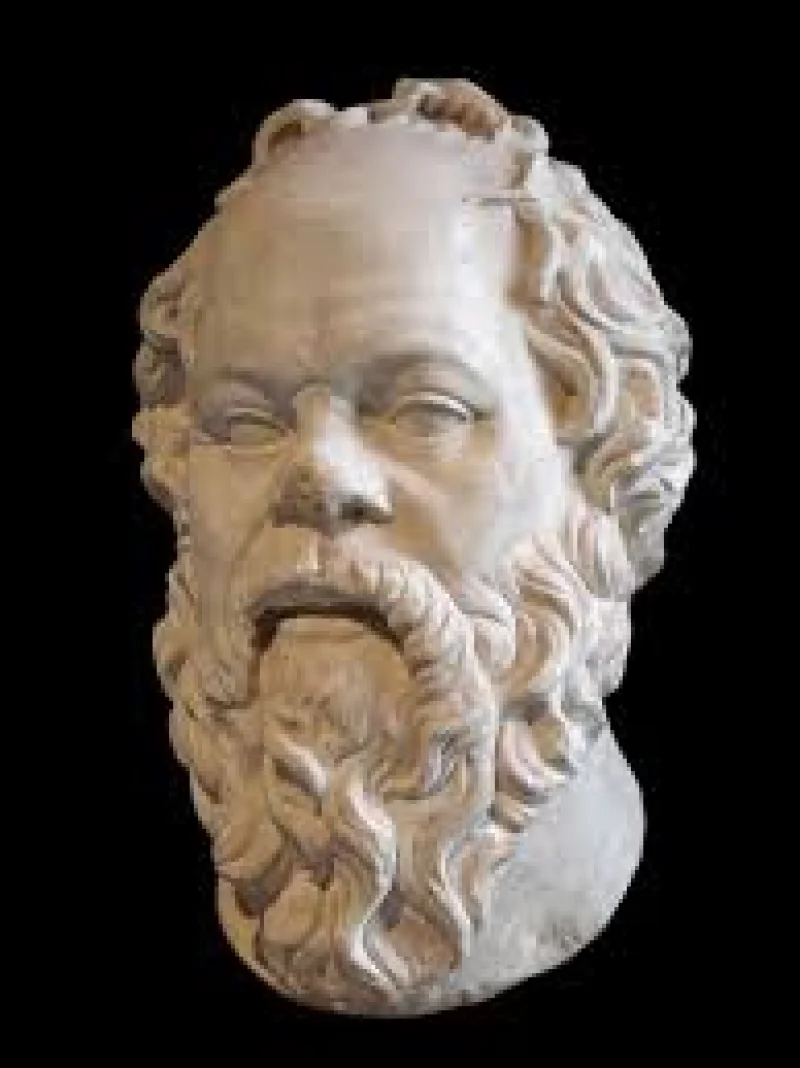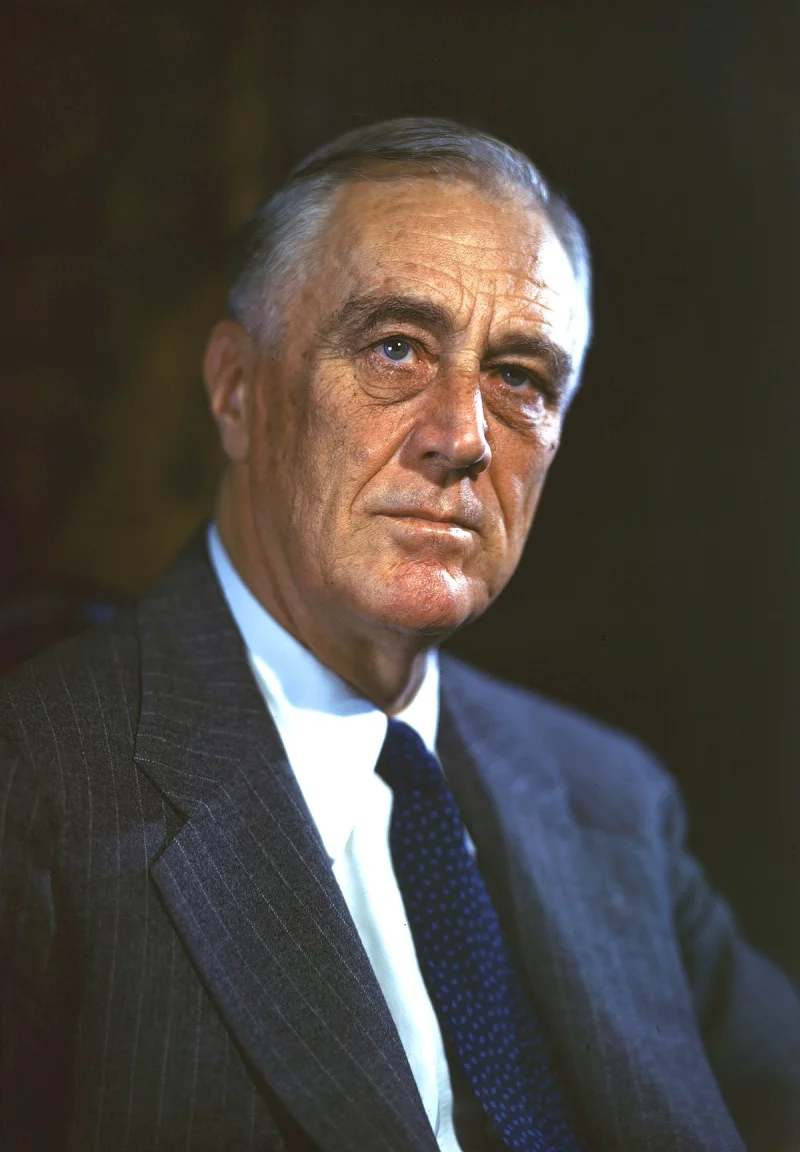Short Summary
Socrates was an ancient Greek philosopher whose ideas and approach laid the foundations of Western philosophy. He is renowned for his method of dialectical questioning, which sought to stimulate critical thinking and illuminate ideas. Although he left no written works, his teachings were immortalized by his students, including Plato. Socrates is famous for his commitment to seeking truth and his influence on subsequent generations of thinkers.
Early Life & Education
Born around 470 BCE in Athens, Socrates was the son of Sophroniscus, a stonemason, and Phaenarete, a midwife. His early education included traditional subjects such as music, gymnastics, and grammar. Socrates was profoundly influenced by the intellectual atmosphere of Athens and by the philosophical traditions of pre-Socratic thinkers. He also served as a soldier in the Peloponnesian War, which exposed him to different perspectives and helped shape his philosophical outlook. Little is known about formal training, but he engaged deeply with the ideas of his time, forming his unique philosophical approach.
Career Highlights
Socrates' career was marked not by conventional achievements but by his relentless pursuit of knowledge and truth. As a philosopher, he engaged in public discourse, questioning and examining the beliefs of his fellow citizens. This method, now known as the Socratic Method, involved asking probing questions to stimulate critical thinking and uncover underlying assumptions. Despite being misunderstood and often ridiculed, he attracted a loyal following of young Athenians eager to learn from his wisdom. His influence extended beyond his lifetime through the works of Plato and Xenophon, who documented his teachings and dialogues.
Major Achievements
- Developed the Socratic Method, a form of cooperative argumentative dialogue.
- Influenced Western philosophy profoundly through his teachings and approach.
- Inspired future philosophers, including his student Plato, who recorded his ideas.
- Demonstrated courage and integrity by accepting his death sentence with equanimity.
Famous Quotes
- "The unexamined life is not worth living."
- "I know that I am intelligent, because I know that I know nothing."
- "To find yourself, think for yourself."
Interesting Facts
- Socrates had a distinctive physical appearance, often described as unattractive.
- He never wrote down any of his teachings; his ideas are known through others' writings.
- Socrates was sentenced to death by hemlock poisoning for allegedly corrupting the youth of Athens.
- He was married to Xanthippe, who is often portrayed as a shrew in various accounts.
- Socrates believed in the immortality of the soul and the importance of virtue.
Legacy / Influence
Socrates' legacy endures through his profound influence on Western philosophy and education. His emphasis on critical thinking and ethical inquiry continues to shape modern philosophical discourse. The Socratic Method remains a powerful educational tool, fostering dialogue and deeper understanding. His ideas about virtue and self-knowledge have inspired countless philosophers, ensuring his place as a pivotal figure in the history of thought.
FAQ
Q: Why is Socrates famous?
A: Socrates is famous for his contributions to philosophy, particularly his development of the Socratic Method and his influence on subsequent thinkers.
Q: Did Socrates write any books?
A: No, Socrates did not write any books; his teachings were recorded by his students, such as Plato.
Q: What was Socrates' main philosophical belief?
A: Socrates believed in the importance of seeking truth and understanding through dialogue and questioning.
Q: How did Socrates die?
A: Socrates was sentenced to death by drinking hemlock poison, a punishment for allegedly corrupting the youth and impiety.










